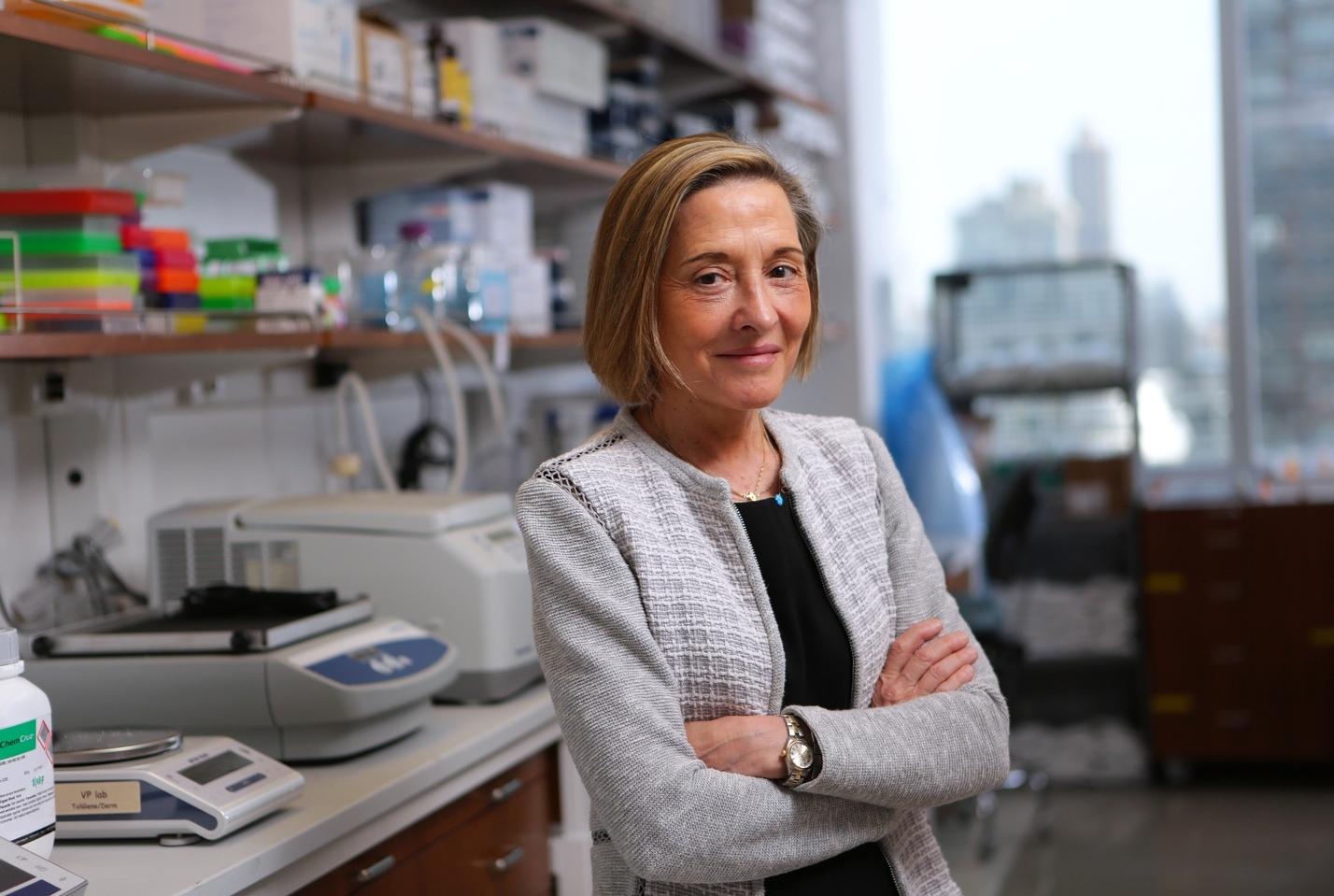Dr. Virginia Pascual, the Drukier Director of the Drukier Institute for Children's Health and the Ronay Menschel Professor of Pediatrics at Weill Cornell Medicine, has received an inaugural Global Team Science Award from the Lupus Research Alliance (LRA).
The Global Team Science Award supports international, multidisciplinary research teams that “push the boundaries of innovation to bridge research and clinical initiatives in systemic lupus erythematosus (SLE),” according to the LRA. Providing $3 million over the span of three years, this grant is the LRA’s largest to date. Dr. Pascual was one of two recipients nationwide to receive the grant.
“I know a number of groups applied for this grant, so I feel tremendously fortunate and privileged to be a part of one of only two groups that received the award,” Dr. Pascual said. “On behalf of all my friends and collaborators on this grant, we are thrilled to have this opportunity to be able to study children with lupus.”
Lupus is a chronic autoimmune disease characterized by a person’s immune system attacking its own tissues, leading to inflammation and tissue damage. While it can start at any age of life, Dr. Pascual’s team has been studying lupus in children for decades.
“Studying pediatric lupus offers the advantage that children who present with the disease normally do not have comorbidities,” or the presence of other conditions or diseases. This provides researchers with “a cleaner picture” of what may be going wrong with the immune system.
Dr. Pascual’s team, which includes investigators from Boston, Toronto and London, will tackle the problem of lupus’ heterogeneity – the fact that patients with the disease often present with a wide array of symptoms and respond differently to medications.
Dr. Pascual’s project has two aims: One will use novel technologies and algorithms to explore the genetics of pediatric patients with lupus, while the other looks at the immune cells of patients over time at the single-cell level. This longitudinal project will represent the largest and most comprehensive investigation of childhood lupus to date and will include an ethnically diverse cohort of patients from North America.
“There are many different kinds of lupus. Dr. Pascual said. “This is why we believe this work is very meaningful, because it would help us understand how to better classify patients with lupus so that clinical trials can be better designed and can be more successful.”
Additionally, diseases that start in childhood are often less prioritized when it comes to designing clinical trials compared to diseases that start in adults, she said. “So we are thrilled to be able to devote these studies to children and hopefully open the door for trials that will enroll children with lupus, which are badly needed,” she added.
Dr. Pascual is also collaborating with Dr. Olivier Elemento, director of the Englander Institute for Precision Medicine at Weill Cornell Medicine, who will help her team analyze and mine the data they generate, and with geneticists at the National Institutes of Health.
“Every investigator in the team is bringing different expertise and different ideas, so in this case, one plus one is 11,” Dr. Pascual said. “I think that the synergy is tremendous, and we are very motivated and excited about this opportunity.”

